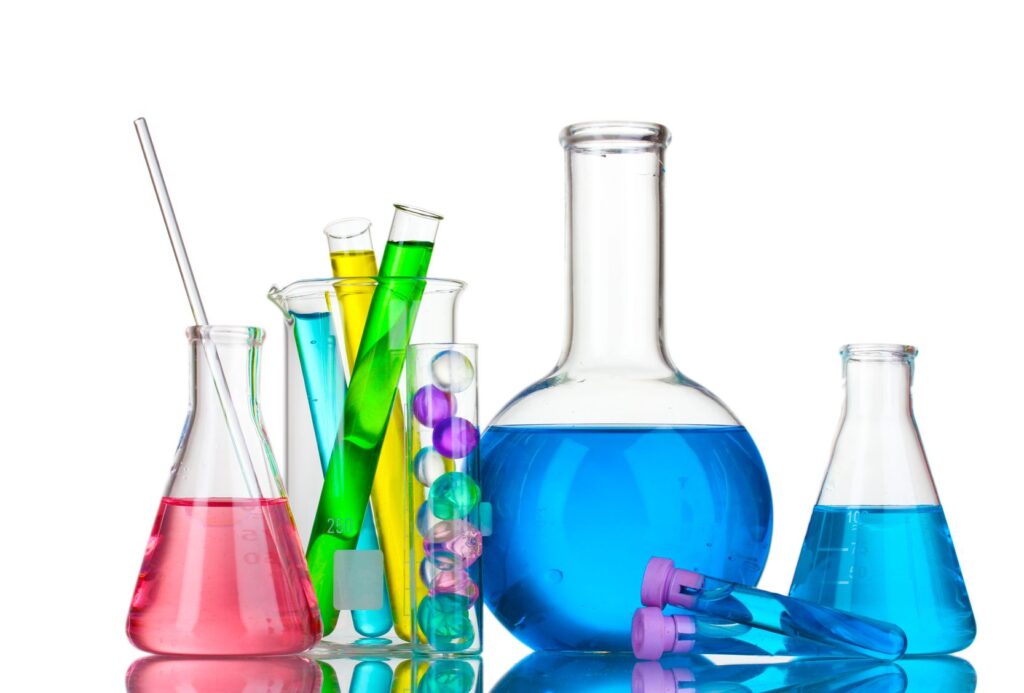A lab bottle is a common piece of laboratory equipment used to store and transport liquid samples. They come in a variety of shapes and sizes for different applications.
Choose a bottle made of glass or plastic that has properties that suit your application. For example, they should be chemically resistant or autoclavable. They should also be able to withstand a wide range of temperatures.
Glass Bottles
In the laboratory, a variety of glass bottles and jars are used to store liquid or solid substances. These bottles and jars come in different shapes and sizes, including wide-mouth and narrow-mouth bottles.
Reagent bottles and jars are commonly used in the lab to hold reagents, such as buffers and pH solutions. They also help prevent contamination and make laboratory work easier by providing a safe place to store and transport chemicals.
Amber glass is an excellent option for storing light-sensitive chemical compounds. This type of glass protects these products from UV rays that can change their color and break them down.
Glass jars and bottles can be a good choice for chemical storage because they are durable and resistant to most chemicals. However, you should choose the right material based on your needs and the type of chemical being used.
Plastic Bottles
Plastic bottles are used in laboratory science to store liquids and reagents. They are durable and resistant to corrosion. They are also able to withstand pressure and temperature changes.
They are available in various sizes, capacities, and designs. They are also made of different resins and materials to suit the needs of labs.
These containers are used to dispense and contain liquids, saline solutions, acids, alkalis, alcohols, and bases. The bottle is usually made of low-density polyethylene (LDPE) which provides excellent resistance to these chemicals.
They can be autoclaved and are resistant to gamma radiation. They are also easy to clean and maintain. They have a leakproof cap that is screwed on at the bottom. These bottles are also light in weight and can be transported easily.
Narrow Mouth Bottles
Narrow-mouth bottles are used to store a variety of liquids, including chemicals and reagents. They have a narrow opening which makes it easier to pour, and they come with a screw cap that provides a secure seal.
They also provide a better way to prevent spills and waste. They are easy to clean and sterile, making them ideal for use in labs.
You can use these bottles to store a wide range of chemical compounds and reagents, such as buffers and dilute chemical aliquots. You can also use them to store light-sensitive materials like organic solvents and certain pH solutions.
Narrow-mouth bottles are more durable and break resistant than glass, which means they’re great for long-term storage of liquids. They also have a screw cap that gives you a leak-proof seal. They are especially useful for laboratories that use liquids in their work, such as chemistry or medical labs.
Visit Here: https://www.westlab.com/
Nalgene Bottles
Nalgene bottles are a common choice for storing and transporting samples. They are durable and lightweight, and they’re less likely to break or leak than glass.
They also come in a wide range of colors and styles. They can be customized with your company logo, personalization, or even a custom design for a unique look.
Another advantage of Nalgene bottles is that they’re a good value for money. They’re durable and last a long time, so they can be used for years of outdoor adventures!
Nalgene also has a number of other products that are ideal for lab use. They include a variety of tubing and carboys that can hold distilled water, acids, or reagents. They are available in different sizes and come with or without spigots. They also have molded or stainless-steel carrying handles. They are made from virgin, low-density polyethylene or polypropylene. These containers are highly resistant to chemicals and acids and can withstand freezer temperatures down to -100 deg C.





More Stories
How to Clone Your Voice? A Friendly Guide to Voice Cloning Tips and Tools
What Is a Meta Ads Agency? How Can It Help Your Business? Tips From a Facebook Ad Coach
What Does a Facebook Ad Coach Do? A Friendly Guide for Digital Marketing Consultants